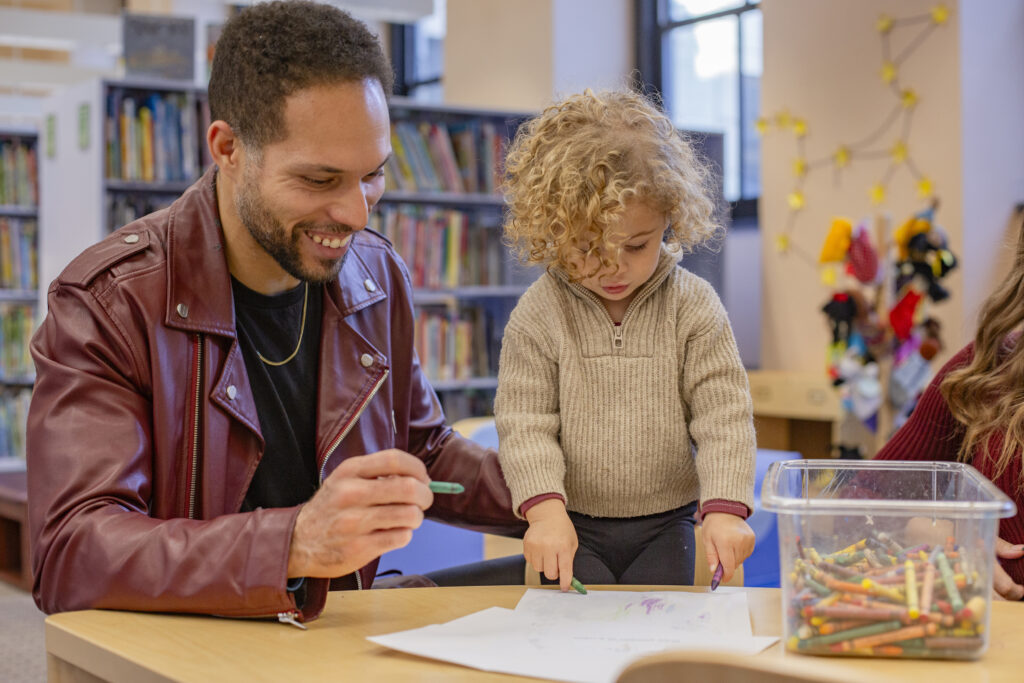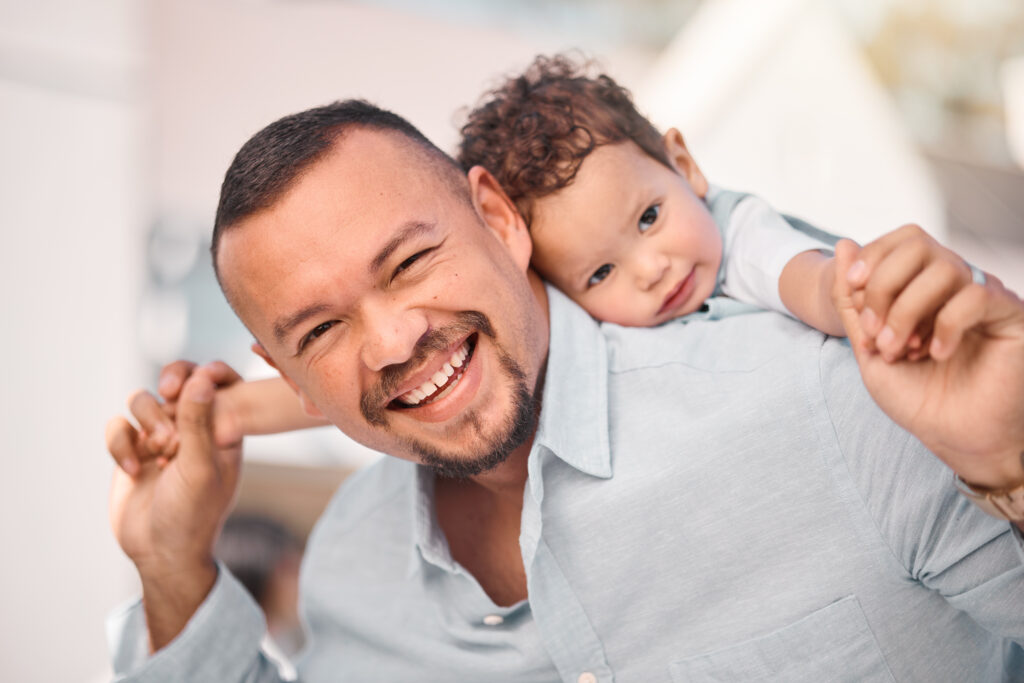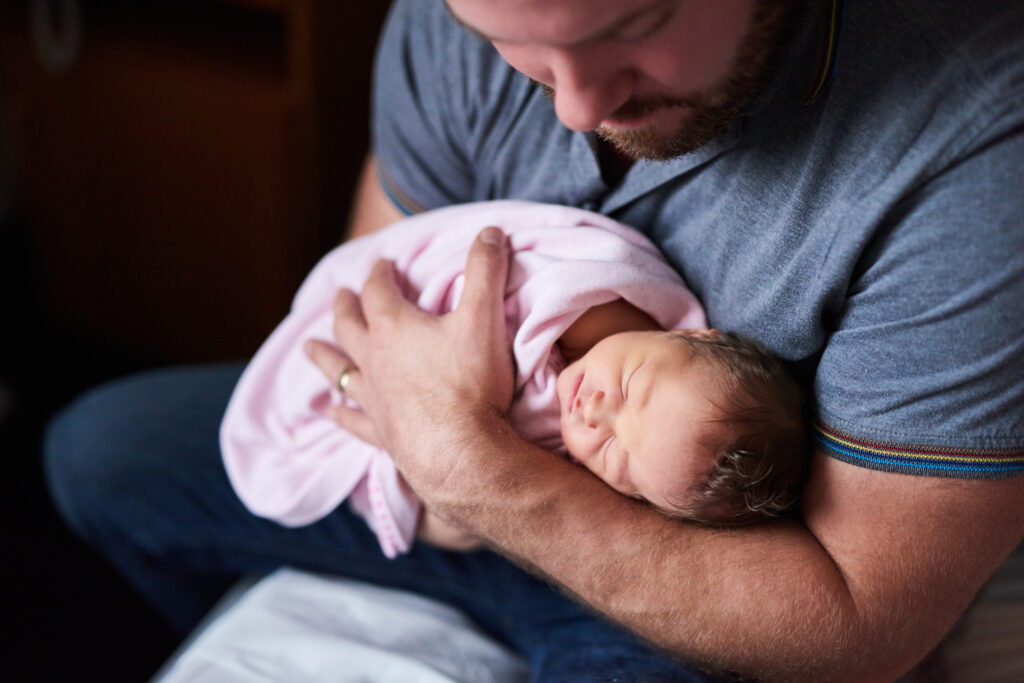Why Fathers are Important
In Asian households, usually a father is the earning soul or the family who takes care of all the basic needs of all the family members. Either it is emotional support, financial needs, or protection, father is the dominant person in patriarchal environments. In some families, where both mother and fathers are friends, both the partners take financial responsibilities. However, fathers are still the decision makers of the family.
Either it is a step father or a real dad, there is a relationship between a father and a child, which cannot be ignored because it makes up the whole personality of a child. Good Fathers do not ignore the basic needs of their children. The genre of your relationship with your father might differ as per your gender. The relationship between a father and a daughter can be really different from a relationship between a father and a son. Sometimes fathers yell at their sons and remain soft with their daughters. This difference in behaviour can be due to many reasons.
Responsibilities of a father cannot be taken for granted, especially in all cultures.
Understanding “Why Fathers are Important”

1. Role Model of the family:
This fact cannot be neglected that a father is the role model for his family for all the efforts he does. Children and your mother idealise your father as a real role model. Whatever a father does, it completely develops a natural affection for the family to idealise as a model. This is why kids who do not have fathers in their childhood function very differently. They are not confident and cannot differentiate between a healthy love and toxic relationship.
2. Building of self-esteem:
You cannot neglect a father’s efforts for building the self -esteem of his children. This sense of responsibility that encourages a father to show his love and warmth for his children is more prominent when a child is attached to his father. A father shapes his kid’s confidence through his words and actions. This is when there is a free communication between father and his children.
3. Protection:

How safe do you feel when you are around your father? It is possible that you have not experienced the protection in your childhood due to absence or your father. When after a day of work, a father returns home in the evening, he completes a family. You might notice that a whole family having dinner is much more peaceful than a family where the father is not around due to work commitments. It is a natural theory of all ecosystems that the elder one of the family, usually a father, or mother in other mammals, has the role of protection of all the children.
Psychology says that kids, especially daughters, who are brought up in an environment with less or no protection are unable to trust humans and are insecure for most of their life.
4. Discipline:
Usually it is the father who sets up discipline at home. Sometimes mothers make rules, and fathers make sure to implement them. The discipline which kids have to develop in later stages of life, starts at home. Either it is the boundaries or basic manners, a father makes sure that his family follows it. Through a practical approach, a father is able to show the practical application of rules at home.
5. Education:

Education is a very important part of bringing up children. Fathers make sure about the education of his children. School education usually begins at the age of 3 years, before that home education is carried out by both the parents together. The home education includes basic handwriting or identification of alphabets, teaching basic manners , the economics of small things that can include small help with mother, cleaning the table and other manners e.g. Truthfulness, honesty, and loyalty etc. It is the duty of the father to focus on education at early stages of life.
6. Financial Responsibilities:
Usually fathers are the one who take financial responsibilities of the children. The basic needs like food, education, schooling and other recreational responsibilities are carried by fathers. In western nations, where both the parents are working hard, responsibilities are shared by both, mother and father. However this contribution of both parents is varied depending upon the job opportunities and financial stability.
7. Family Dynamics:

Father reunites the family too!
Usually it is the duty of mother to stay with kids round the clock, but the bond and dynamics are strengthened by father as well!
Family bonds can be strengthened by a good discussion and outing with the father.
It is obvious that the role of father in family dynamics is neglected, but it is obvious that fathers cannot be forgotten while describing a family’s natural behaviour.
Such dynamics can be achieved by spending quality time together. Avoiding arguments, taking time to understand each other and share your thoughts in a complete non judgemental environment.
8. Emotional support to the family:
Fathers take complete responsibility for a family. Especially emotional support can be provided by fathers very effectively.
The emotional support includes uplifting of the mood, bucking up kids and helping them to overcome a fear. Fathers allow kids to seek lessons from mistakes. These lessons are lifelong and can help in developing the child’s personality. Emotional support protects the family from emotional trauma and disturbances.
9. Father-Child bond:
The bond between both the father and child is the baseline for how the child will react later in life. Studies show all the different styles of parenting describe how the child will respond to different kinds of attention later on in life. Daughters who have father issues are vulnerable to toxic partners. They easily fall prey to narcissism and always want approval from the family later on in life. Similarly abandoned, neglected sons are the ones who prove very hard and difficult fathers to be dealt with later on.


